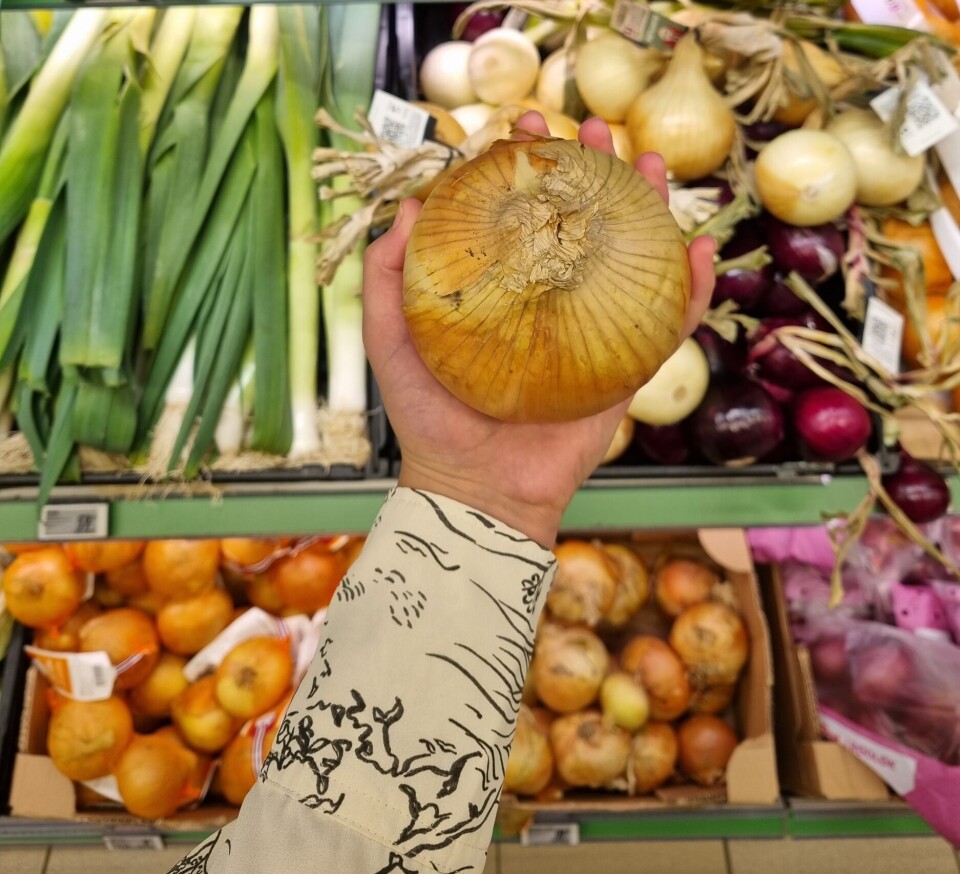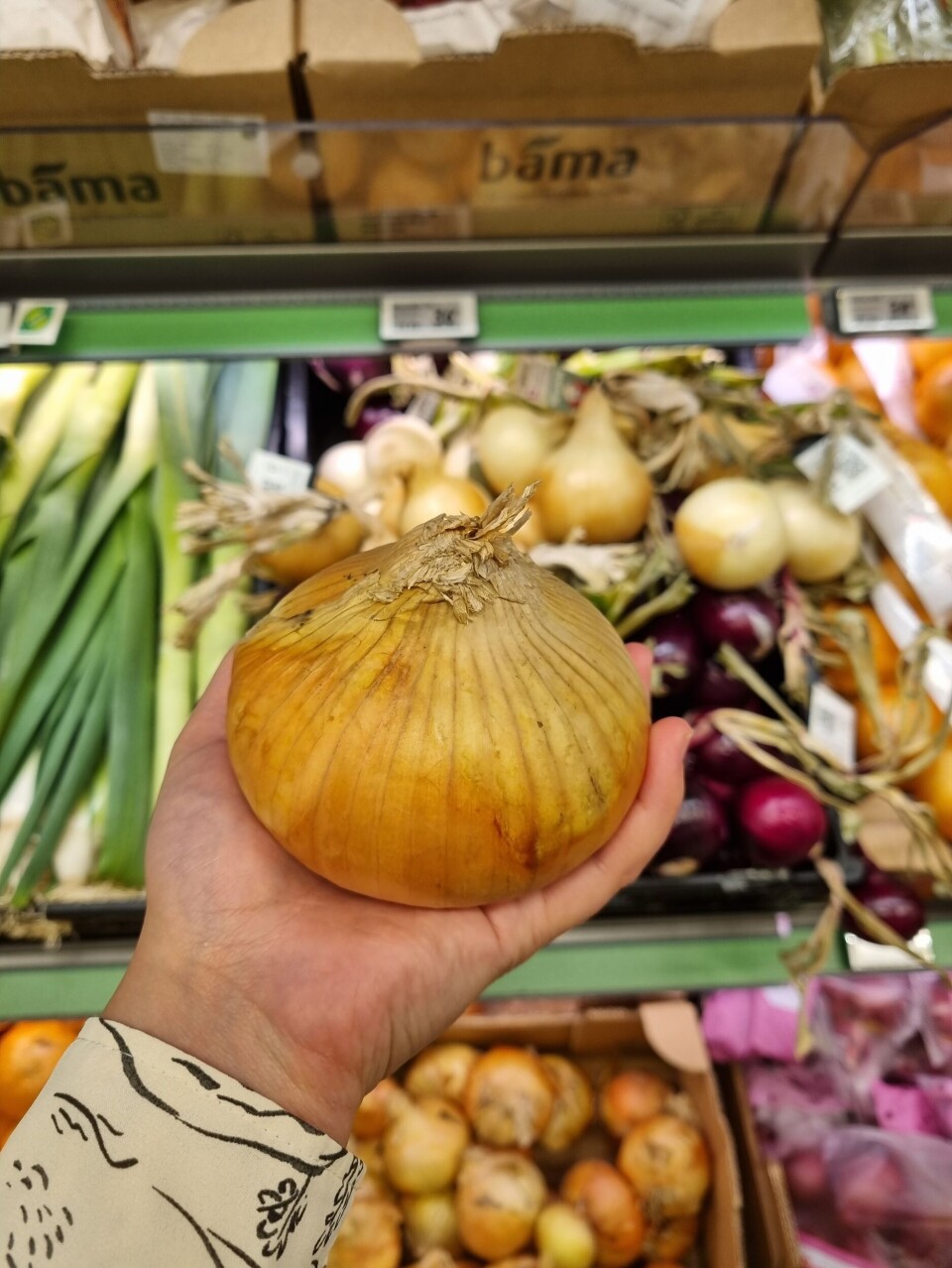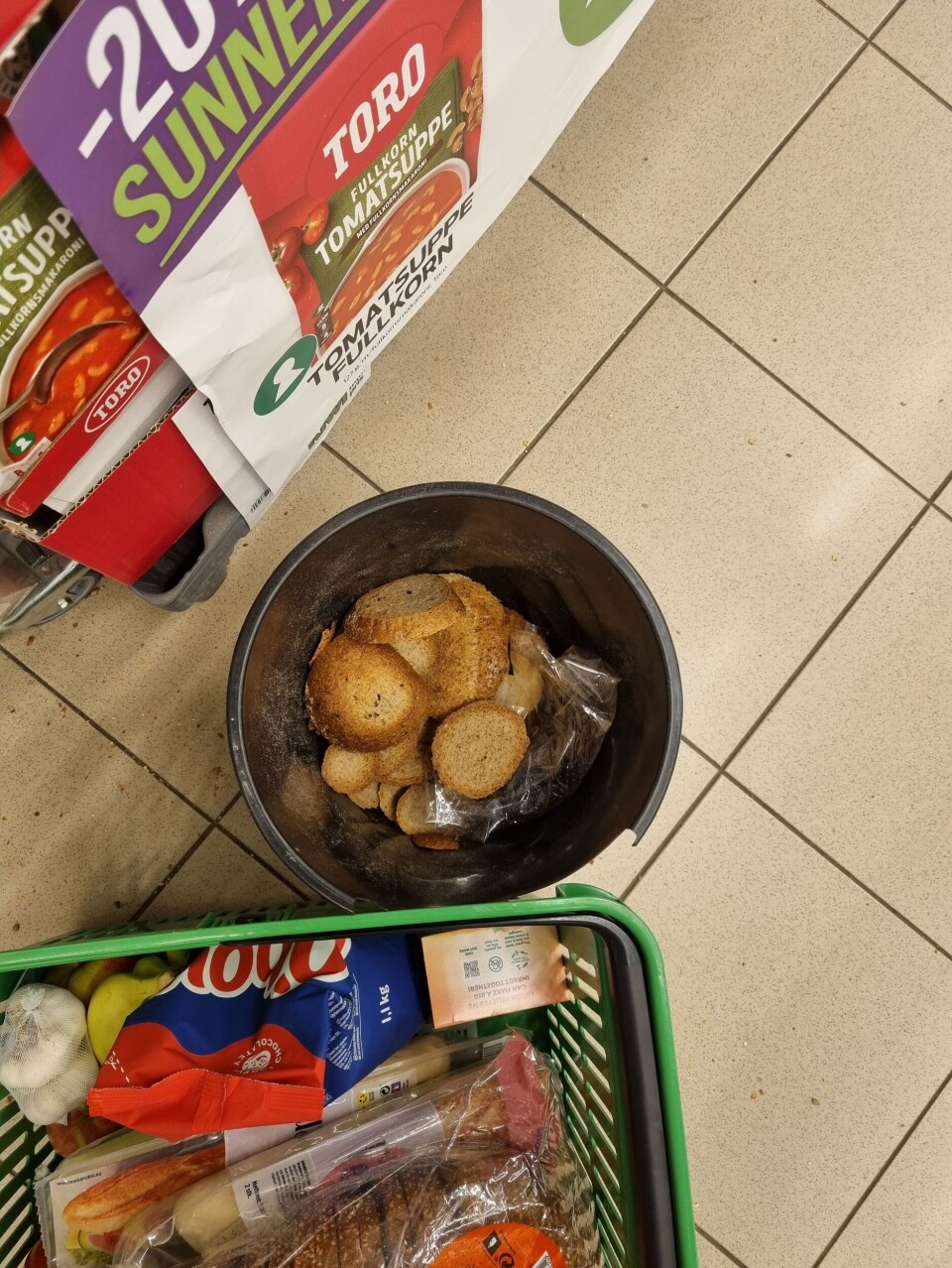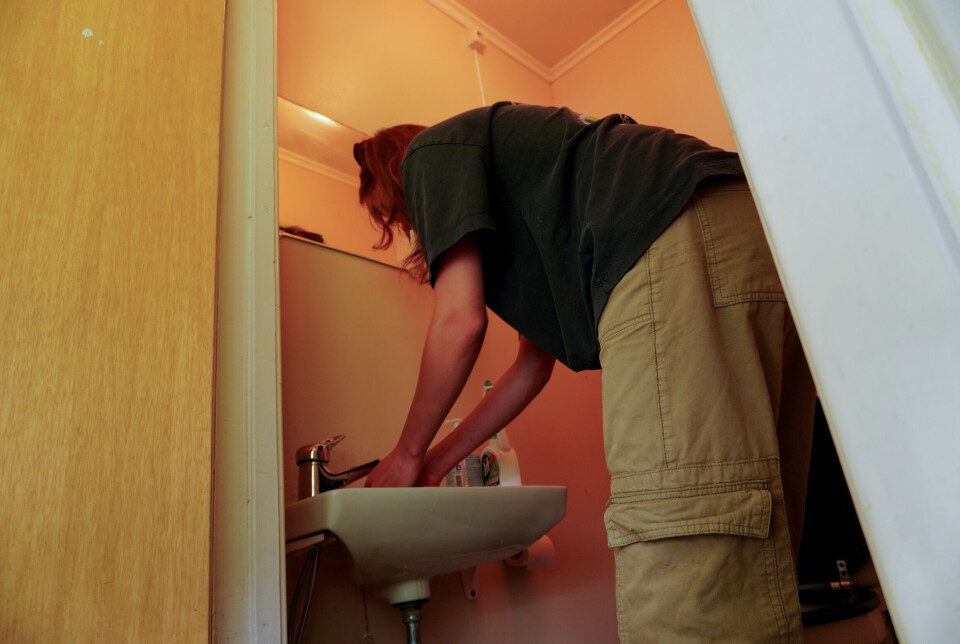
Small dogs, huge cats
When I arrived in Volda for my exchange semester, I was struck by the peculiarities of this small Norwegian town—everything from oversized cats to oddly low sinks. With each new discovery, I found myself questioning my own concept of "normal." What was ordinary to me seemed foreign here, but perhaps that’s the beauty of the exchange experience—redefining what’s strange and learning to embrace the unexpected.
The population of Volda increased by 9% in August, as new students arrived to begin their exchange semester in this small town surrounded by mountains and the fjord. I am one of them, and I keep unconsciously comparing everything here to my own concept of “ordinary.” I am flabbergasted by the tiniest differences—for example, how the cats seem at least twice the size of those I’m used to, while some dogs are smaller than the rats back home.
I don’t know yet whether being surprised by the tiniest details exhausts me or whether I actually enjoy discovering oddities—but after exactly one month in Norway, here are a few things that caught me off guard.
Suspicious shopping

One Monday afternoon, I wandered through the aisles of Kiwi, trying to decide what I could cook later with the four kitchen utensils I’d managed to collect from Pangaia and the second-hand shop. Once the perfect idea came to me—vegetable soup! —I started looking for onions. When I realized the price wasn’t as high as I had expected, I happily picked one up in my hand.
I don’t think I have ever seen such a massive onion before.
For a moment I thought my previous sentence could be a Cards Against Humanity card. Having an Amélie-like moment, I touched and felt the texture and the weight of the vegetable, wondering how such a thing was even possible. Was it the soil? Genetic modification? I shrugged and carried on—I still had more to buy.

Next: bread for tomorrow’s breakfast. Not only does the shop not have an in-house bakery where customers can buy fresh pastries, but everything is pre-packed. After choosing a loaf, I remembered my earlier, unsuccessful attempt at slicing bread neatly with the not-so-sharp knife I’d brought from home. This time, I went to the bread-cutting machine. Everything was fine until I noticed a bin next to it filled with discarded bread-ends. How can people throw away the best part of the loaf? In Hungarian, every dialect has its own word for that piece—you can even tell where someone comes from by what they call it.
After paying more than twice what I would at home, I left the store with a slightly disturbed face. And the worst part? Coming home completely overwhelmed, starting to make dinner, chopping that giant onion—hoping for a good cry as a form of stress relief—only to realize that this Nordic onion doesn’t even make you tear up. Or maybe I’ve simply grown a little insensitive, as a coping mechanism for missing home.
Like his life depended on it
Coming from a society where not being homophobic is still considered a choice rather than the norm, where a man holding a door open for a woman generally is regarded as polite rather than as an act against feminism, I was astonished by the sheer number of Pride flags and rainbow-colored objects I encountered during my first four weeks in Norway. I am still taken aback when a man washes his hands next to me in a coeducational restroom, and I will probably never agree with the moral framework surrounding hookup culture. Living here, however, has compelled me to redefine my understanding of, and approach to, gender and social norms.
These differences are evident even in nightlife as people party. It was liberating to spend a night at Rokken experiencing the freedom of enjoying myself without the constant worry of unwanted physical contact. The only time someone bumped into me—a guy, by accident—he apologized as if there were no tomorrow.
Sink the sinks!
No shower trays? Instead, high sills? No comment. I had imagined this was a rich and modern country.

I thought Nordic people were generally tall, and for that reason I assumed everything here would be designed with tall people in mind. This is certainly true of the kitchen cupboards and wardrobes in our dorms, which I can only reach by tiptoeing. However, I keep encountering sinks that are installed surprisingly low—whether at the university, in bars, or even in Airbnb apartments. The contrast makes me wonder if there is a hidden logic behind these design choices, or if it is simply another small cultural quirk I will never fully understand. At this point, I am no longer sure if I am too short for the cupboards or too tall for the sinks.
Don’t get me wrong, I love being here. Every day feels both strange and fascinating, as if I’m walking through a place that looks like a postcard but behaves in ways I never expected. Perhaps that’s the beauty of exchange—learning not just about a new country, but also about how flexible (or inflexible) my own sense of “normal” really is.









